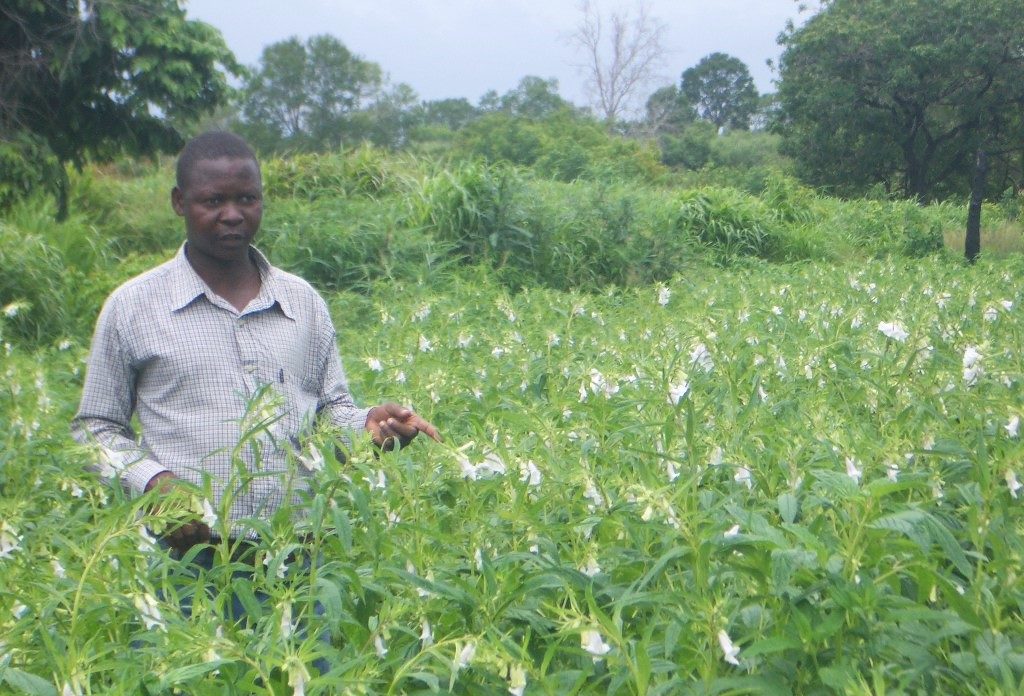
Lindi-Mtwara Sesame Project
GOAL
To increase the quantity and quality of sesame produced by smallholder farmers and ensure a sustainable value chain by linking them to buyers.
LOCATION
Kilwa District, Lindi Region, Tanzania
DURATION-
2012
-
2015
FARMERS
1.000
VALUE CHAINS
Sesame
PARTNERS
Aga Khan Foundation (AKF), Naliendele Agricultural Research Institute (NARI)
FUNDING
In kind
Lindi-Mtwara Sesame Project
The Lindi-Mtwara Sesame Project, stands as a testament to the impact of collaboration and innovation on local farming communities. This initiative, a joint effort involving EFF, the Aga Khan Foundation, Naliendale Agricultural Research Institute, and Export Trading Group, has effectively bolstered the production of sesame in Kilwa District, Lindi Region, directly benefiting 1,000 farmers and their families.
The project aspired to elevate both the quality of sesame produced and increase its volumes. By introducing contract farming, farmers gained access to improved seed varieties, received comprehensive training in post-harvest handling tools and technologies, and had an assured market. Quality control concerns were systematically addressed, and the project integrated aggregation coordination and procurement with business training.
The results were nothing short of remarkable. Yields in the targeted project area more than tripled, and households experienced a substantial increase in income, ranging from USD 290 to USD 350. Such success prompted the expansion of the project into the neighbouring Mtwara Region, where farmers produced sesame of superior quality, earning the top grade in Export Trading Group's procurement.
The project's impact on the farmers' income and the improved quality of sesame produced has been truly transformative. Overall, the project has been a success and illustrates how providing farmers with a range of services from good agricultural inputs, to training and the market improves the livelihoods of farmers and their communities.
